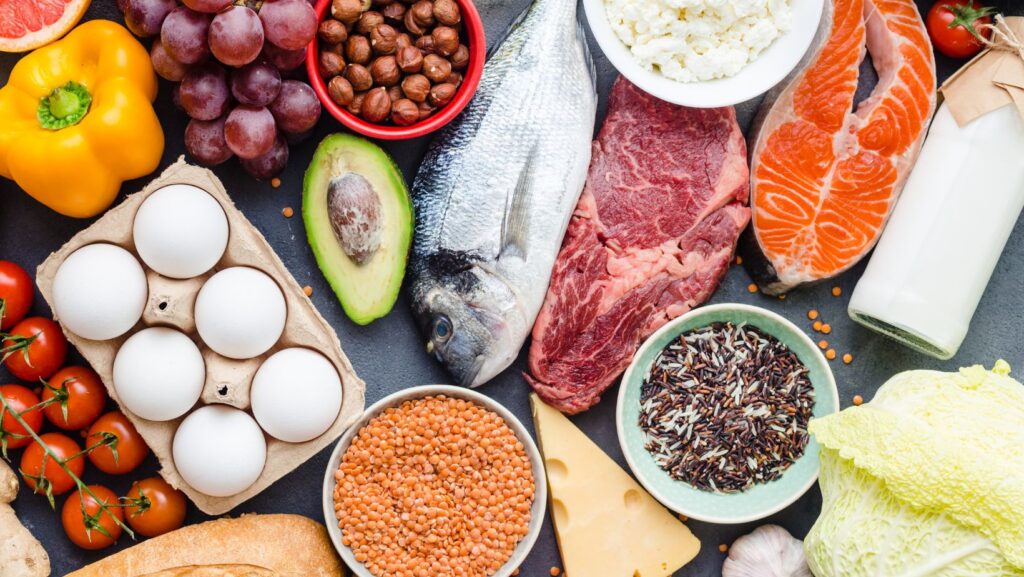Many struggles with finding the perfect balance of foods that allow them to lead an active and healthy lifestyle. Do you often eat a meal and feel sluggish or bloated afterward? This is most likely because the foods you eat aren’t the best for you.
If you are trying to learn more about nutrition but don’t exactly know where to start, this article might provide the basics you need to get going. If you’re really into nutrition and want to make it into a profession, there is always the possibility of completing a nutritionist internship abroad. This will allow you to learn about another country’s culture and food, as well as gain hands-on experience working with clients.
Below you can find five ways that you can try to improve your nutritional knowledge.
Understand the Benefits of Healthy Eating
Before you begin on your journey to healthy eating, you might be wondering why it even matters to eat healthily. The first thing to understand is that the phrase “you are what you eat” is quite literal; food fuels your body and provides the nutrients and calories you need to function.
You might not be aware that certain foods can negatively affect your mental health, such as increasing your levels of perceived stress. Other foods can positively affect your mental health as well as increase your energy levels and leave you feeling refreshed rather than sluggish. Aside from that, food has a direct impact on your physical health; too little of a certain nutrient might leave you susceptible to various health conditions.
Understand What Diet Means
The next thing you need to understand is what exactly the word diet means. Many people are under the impression that a diet means restricting your intake of a certain food, and while this is technically true, that isn’t exactly accurate. A diet simply describes the types of foods that you are eating and how much of those specific foods. While some diets might restrict certain foods, other diets encourage eating all types of foods.
Why is this important? Because when it comes to food, there is no one size fits all approach since it all depends on your body, your lifestyle, and your physical needs. This is important to understand since you might not need to follow any specific diet to be healthy.
Read Up on Trends
One of the best ways to improve your knowledge about nutrition would be to read up on trends and see what is happening within the industry. You might notice that over time some trends gain traction while others fall into the abyss. For example, the Banting diet, which encouraged restricting carbs and increasing high fat intake, was incredibly popular a few years ago but had all but fizzled out.
Why is it good to do this? To see what diets are out there and the logic behind the various diets. This is a very hands-on approach and allows you to gain an overall knowledge base over time. For example, with Banting, it’s great for rapidly losing weight, but that within itself isn’t a good thing, which you will learn when reading about it.
Read and Research Ingredients
The next way that you can improve your knowledge about nutrition would be by paying attention to what it is that you are consuming, and you can do this very easily by reading and researching the ingredients that are used in the foods that you eat.
For example, if you are watching your calories, reading about the number of calories certain foods have is essential to the process. But it does get more complicated than that since it also depends on your lifestyle. If you are going to the gym and working out to gain muscle mass, high carb and protein-based diet would be recommended, but this is high in calories.
Reading and Trying
Lastly, the final tip on this list for improving your knowledge about nutrition would be to distinguish between what you have read and what you have tried. There is a very big difference between reading a few articles that say a certain diet won’t work and actually trying it, or aspects of it, for yourself.
Of course, this depends on the actual diet since you shouldn’t try anything that seems overly dangerous. However, what this means is that everyone has different bodies and different lifestyles, so the only way to determine what works for you is by trying it and paying attention to the results.















